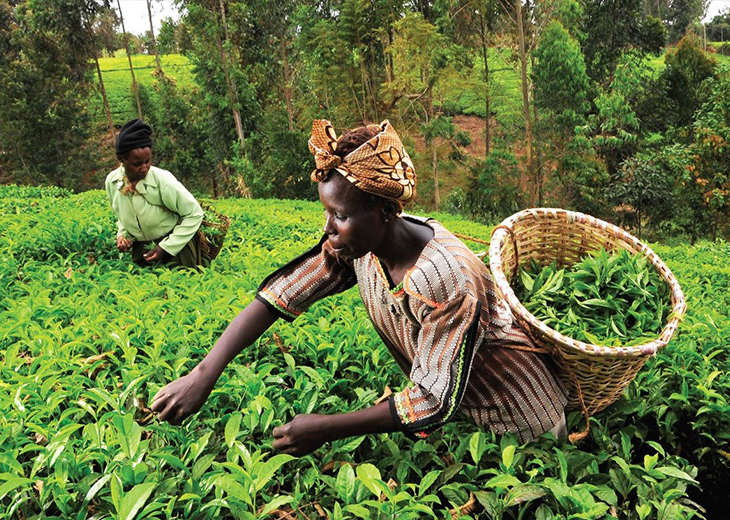By Regina Kabasomi
The Uganda Business Alliance (UAA) together with a coalition of leading national, continental and global stakeholders and institutions in African agricultural finance including the African Union, New Partnership for Africa’s Development (NEPAD), Deutsche Gesellschaft für Internationale Zusammenarbeit (GIZ), GrowAfrica, CAADP Non State Actors’ Coalition (CNC), Alliance for a Green Revolution in Africa (AGRA), Bank of Uganda and other major banking players, held a weeklong conference and masterclass from 22nd to 26th October on making finance work for African agriculture at the Speke Resort Munyonyo, Kampala. The purpose of this conference was to first and fore most stimulate continuous thinking and renewed commitments, share experiences, discuss the missing links and required actions, innovations, collaborations and policy changes needed to shape effective and inclusive financial systems serving the agricultural and food sector on the continent.
Experiences and discussions were centred strongly round increasing investment to the agreed continental commitment under the CAADP-Malabo declaration of allocating at least 10% of national budgets to the agricultural sector. Other national financial investment avenues that were discussed included public investments through the Agricultural Credit Facility (ACF) and public agricultural insurance schemes. Similarities in discussion were noted majorly on the mismatch between the information released on these public investment opportunities and information received on ground by farmers and other relevant recipients. Agricultural traders and farmers present noted their disappointment with financial institutions like Bank of Uganda and other banks that were tasked to distribute these schemes with the limited impact of these public intervention on the majority of people in the country. These institutions were further charged with facilitating commercial “sophisticated” agricultural business owners as opposed to smallholder farmers.
Notwithstanding these challenges, financial institutions led by the Bank of Uganda’s Deputy Governor Mr. Louis Kasekende, emphasized the need to understand that “agricultural financing isn’t an end in itself but that other boarder supportive mechanisms need to be employed. This he called the holistic approach to agricultural financing, other supportive mechanisms he noted could include services like access to agricultural extension, access to input and knowledge; access to markets, knowledge on standards among others to which both government and other players needed to combine efforts to make finance work for the sector. Other holistic mechanisms proposed included adapting or tailoring agricultural financing schemes to specific interventions for farmers. In conclusion, stakeholders, called for prudent and efficient financing for this sector as its key to the functioning of other sectors.
